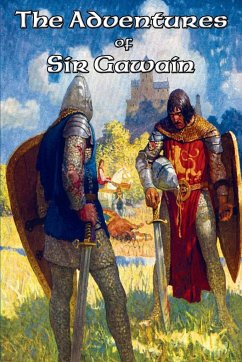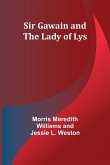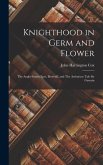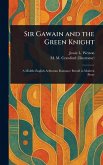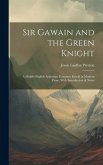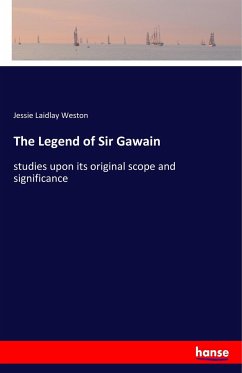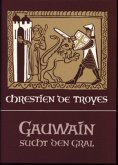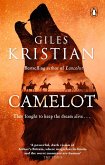Sir Gawain is without a doubt the greatest of the King Arthur's English Knights fiercely loyal, hot headed, and fearlessly brave. Collected here in this edition are Sir Gawain and the Green Knight translated by Jessie Weston, Gawain and the Lady of Avalon by George Augustus Simcox, Sir Gawaine's Quest for the White Hart by Sir Thomas Malory, Sir Gawain Meets Sir Prianius by Sir James Knowles, Sir Gawain and the Maid with the Narrow Sleeves by Rupert S. Holland, Sir Gawain and the Lady of Lys translated by Jessie L. Weston, Sir Gawain and the Lady by Beatrice Clay, The Marriage of Sir Gawaine by Bishop Thomas Percy, The Last Love of Gawaine by Richard Hovey, Of Sir Gawaine's Hatred, and the War with Sir Lancelot by Henry Gilbert, Castle Orguellous translated by Jessie L. Weston, Gawayne and the Green Knight: A Fairy Tale by Charlton Miner Lewis. Return to a time when chivalry and bravery reigned.
Bitte wählen Sie Ihr Anliegen aus.
Rechnungen
Retourenschein anfordern
Bestellstatus
Storno

